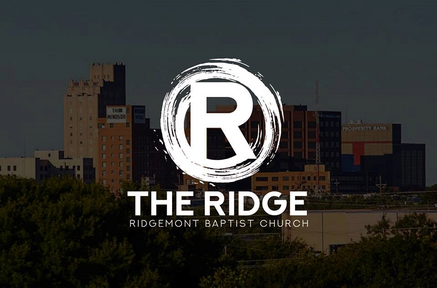The World Must Know

In all of the laments and reproaches made by our seers and prophets, one misses any mention of “sin,” a word which used to be a veritable watchword of prophets. It was a word once in everyone’s mind, but now rarely if ever heard. Does that mean that no sin is involved in all our troubles—sin with an “I” in the middle? Is no one any longer guilty of anything? Guilty perhaps of a sin that could be repented and repaired or atoned for? Is it only that someone may be stupid or sick or criminal—or asleep? Wrong things are being done, we know; tares are being sown in the wheat field at night. But is no one responsible, no one answerable for these acts? Anxiety and depression we all acknowledge, and even vague guilt feelings; but has no one committed any sins? Where, indeed, did sin go? What became of it? (Whatever Became of Sin?, 13)
The very word “sin,” which seems to have disappeared, was a proud word. It was once a strong word, an ominous and serious word. It described a central point in every civilized human being’s life plan and life style. But the word went away. It has almost disappeared—the word, along with the notion. Why? Doesn’t anyone sin anymore? Doesn’t anyone believe in sin? (Ibid., 14)
It is surely nothing new that men want to get away from acknowledging their sins or even thinking about them. Is this not the religious history of mankind? Perhaps we are only more glib nowadays and equipped with more euphemisms. We can speak of error and transgression and infraction and mistakes without the naïve exposure that goes with serious use of that old-fashioned pietistic word “sin.” (Ibid., 24)
The World Must Know What God Says About Himself (1 John 1:5)
The World Must Know What God Says about Sin (1 John 1:6-10)
1. Do Not Lie to Others
2. Do Not Lie to Yourself
3. Do Not Lie About God
The one who lies to himself and believes his own lies comes to a point where he can distinguish no truth either within himself or around him, and thus enters into a state of disrespect towards himself and others.
